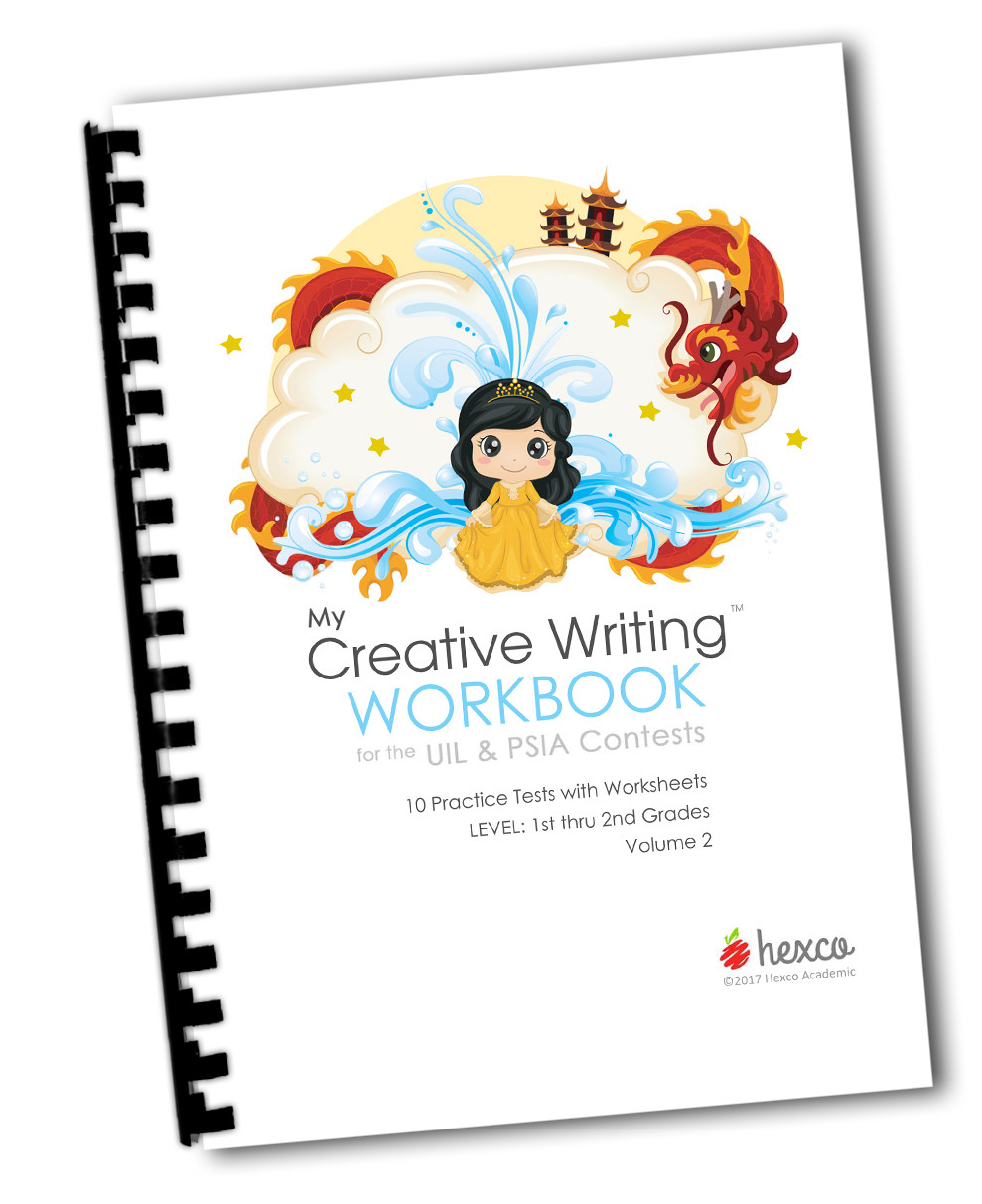Psia Ready Writing And Creative Writing Handbooks
Posted By admin On 03/04/18
PSIA “Subjective” Contest Director Check List. A judge must review the instructions in the PSIA Academic Handbook for. The Ready Writing/Creative Writing.
UIL A+ Creative Writing Workbook 1 explains the UIL A+ and PSIA Creative Writing contest in grade-appropriate language to help 2nd grade* students better understand the rules and rubric of the contest. The introduction pages address topics such as organization, verbs, adjectives, and what the judges want to see. If a young student understands the goals and rules of the UIL Creative Writing contest, and has practiced taking tests that are in a similar format, he or she is more likely to place higher and thus feel encouraged to continue and excel. Each workbook contains 10 e asy-to-assign prompts with blank lines for students to craft their own creative essays. Excellent kid-friendly practice! NEW Creative Writing Workbook 2 contains the same elements as Workbook 1 and includes additional exercises and information pertaining to the 'elements of a story' and character building, as well as supplementary adjective and verb lists.
As in Workbook 1, included are 10 practice prompts similar to that of UIL competition. Perfect for expanding your student's knowledge of story writing! Workbooks includes 10 practice tests and lined pages for writing stories, as well as a study schedule to help organize practice time over the course of the year or semester. Order 3 or more books to get $10 off each book! (Discount will automatically show in cart when 3 or more Creative Writing Workbooks are added.) *Note: The rules of the and the contest may differ slightly, for example, PSIA may allow first grade students as well and second grade, but please verify this on your own. Please view the respective websites for more insight into the Creative Writing contest. Creative Writing for UIL and PSIA is a subjective contest designed to encourage self-expression and organization in very young students.
Texas has put a great emphasis on writing skills at all levels of school and all levels of state-wide testing. Ready Writing, a contest for students in grades 3,4,5,6,7 and 8, builds upon those skills and helps students refine their writing abilities. In particular, this contest helps them to learn to write clearly and correctly a paper that is interesting and original. A standard dictionary or thesaurus may be used during the contest.
Building Settlement Marker Installation Definition. Contestants are given a choice between two prompts which defines the audience and provides the purpose for writing. Students should be encouraged to analyze the prompts for the purpose of writing, the format, the audience and the point of view. The format may be, for example, a letter, an article for the newspaper or an essay for the principal. Various writing strategies may be stated or implied in the prompt.
Some of these include: • description to inform -- describe the happening or person/object from imagination or memory; • narration -- write a story; • persuasion -- describe and argue just one side of an issue; describe both sides of an issue then argue only one side; write an editorial; write a letter to persuade, etc. There is no minimum or maximum number of words the contestants must write. Sample Writing Prompts Instructions: Select only one of the topics which follow. Write the topic you have chosen at the top of your paper. Remember not to use your name or any reference to your school in your composition.
Third and Fourth Grades • Careers: Your class is studying careers and the types of jobs that you and your friends may have when you're older. Write a paper about the kind of job you would like to have and why you think it would be interesting. • Watching TV: Your parents are deciding how much you should be allowed to watch television each week, and which shows you should be allowed to watch. Write a letter to your parents to let them know what you would like them to decide.
• And the best part is.: While students sometimes complain about school or homework, most have a favorite class, activity or teacher. Write a paper describing what you like best about school and why. • Friends are like stars: Someone has said 'Friends are like stars. You can't always see them, but you know they are there.'